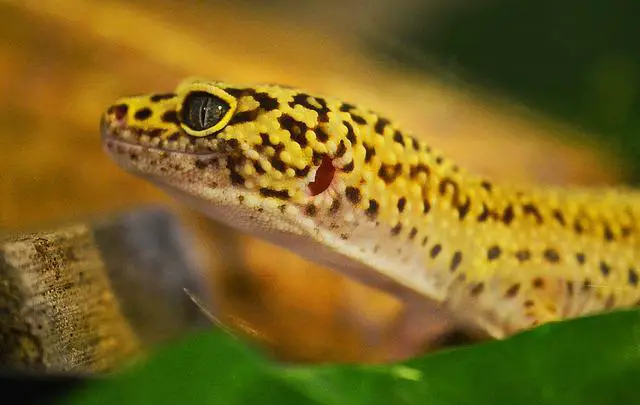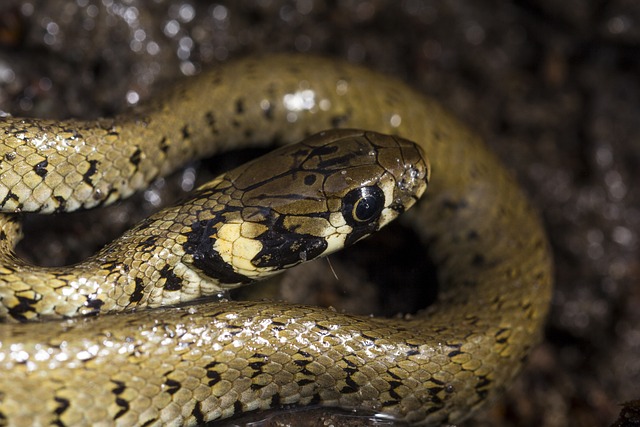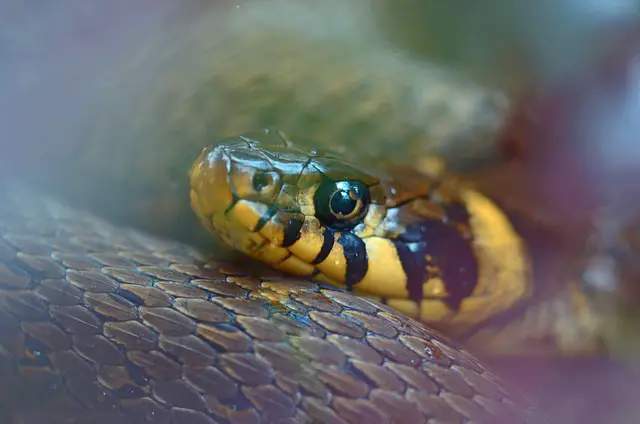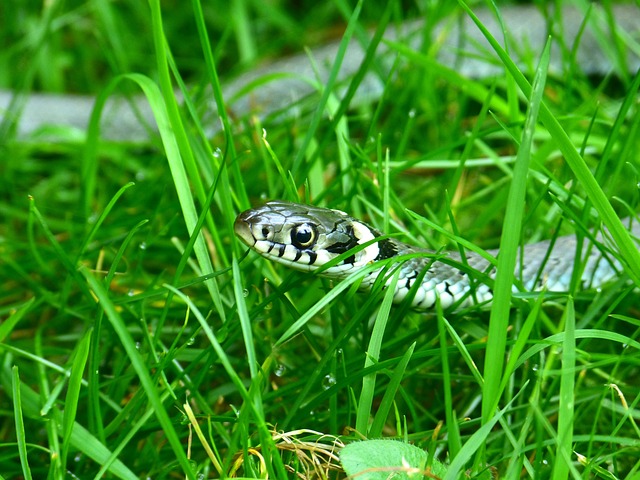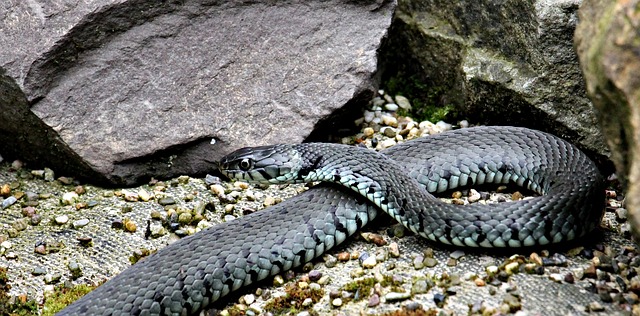If you are the proud new owner of a gecko, you’ll likely have spent lots of time researching what to expect from your pet and how best to care for it. However, you’ll likely also have a lot of questions. One of the most common things that new gecko owners ask is whether these animals hibernate.
Geckos do hibernate, but in reptiles, this process is known as brumation and differs slightly from the hibernation that many of us are familiar with in mammals. Where a bear or a squirrel might become entirely dormant throughout the winter months, a gecko will remain active, to a degree.
This is a totally natural process and something that geckos do in the wild to aid their survival through the colder winter months. Not all domesticated reptiles will follow this natural process since they may not have the ability to differentiate between the seasons. However, there is a very good chance that your gecko may enter a period of brumation and it can be helpful to know what to do.
Why Do Geckos Hibernate?
While geckos typically live in tropical parts of the world, the temperature can still drop enough during winter for it has a negative impact on the animal. This is because these cold-blooded creatures are unable to produce their own body heat and instead take it from their environment by basking in the sun. When not as much external heat is available this can affect the gecko’s ability to successfully hunt and capture prey.
The animal may find it challenging to even keep up with its prey and this could see the gecko going hungry through the winter. Not to mention that much of the gecko’s prey will be far less available at this time of year anyway.
How And Where Do Geckos Hibernate?
Geckos are mainly terrestrial animals meaning that they live on the ground. This means that they are able to find a lot of little hidey holes to hunker down in during the winter months. Like many other reptiles, they will take refuge under rocks and logs. However, if the temperature is very cold, they may need to get away from any potential frost and will go underground.
There are some species of arboreal, or tree-dwelling, geckos and these animals will hibernate in holes in the trees. In older trees, there are typically a lot of crevices and nooks for the gecko to hide. Furthermore, they will take shelter underneath the bark particularly if things get very cold.
Signs That A Domestic Gecko Is Going Into Brumation
If you have never taken care of geckos before, a sudden change in your pet’s behavior is understandably going to be a cause for concern. However, if you can put it down to brumation, your mind is likely going to be put immediately at ease.
Fortunately, there are several pretty obvious signs that a gecko is beginning to enter brumation so before you worry that your pet is sick, take a look at our brumation checklist.
- The gecko may begin to make much slower movements and appear to be a lot more lethargic than usual.
- Your gecko may lose its appetite, eating very little or more commonly, not eating at all.
- The gecko will likely remain on the warmer side of the tank.
- Owing to the lack of food, you may notice that your pet gecko doesn’t poop as much as usual if it all.
- The gecko may sleep for long periods of time.
- You gecko might spend a lot of his or her time hiding.
There are some gecko owners who will force their pets into a period of brumation and this can be done by altering the temperature inside the enclosure. However, if you don’t want your gecko to brumate, then you don’t need to force it since they are perfectly capable of surviving in captivity without brumation.
One of the only times that most reptile experts would suggest forcing your gecko to brumate is if you intend to breed them. This is because, in the wild, breeding takes place directly after brumation. If your gecko has been through a hibernation, its body will be fully in sync with its most natural state, and breeding may be more successful.
Tips For Caring For A Brumating Gecko
If you find that your gecko has entered a period of brumation naturally, or you have forced them into the process, it is important that you offer the correct care. The best way to do this is by following these care tips:
- Make sure that you involve your vet in every step of the brumation process. While this is a natural thing, there may be times that the process of brumation could be detrimental to the health of your pet. If your vet is on hand to answer any questions or give advice, you can feel confident that the process will be much more successful.
- In addition to this, if you are planning to enter your pet into brumation, we would always advise having it checked over by the vet first. This will help to ensure the safest brumation possible. Geckos who are ill or whose health is otherwise compromised should not brumate.
- Geckos should not lose a significant amount of weight during brumation but some weight loss is inevitable owing to the fact that they won’t be eating. For this reason, you should regularly weigh your pet, once a week should be enough. If they lose any more than 10% of their overall body weight, it may be time to consider rousing them from brumation
- The temperature of the enclosure will need to be different during brumation and it is important that you have a reliable thermometer in the tank at all times to monitor this.
- You should ensure that there are plenty of good hiding spots for your brumating gecko. This may mean installing new objects in the enclosure during this time, you can always remove them when the gecko comes out of brumation.
How Long Will My Gecko Spend Brumating?
In the wild, geckos will hibernate through the winter months. Of course, this will depend on the location but assuming that you live in the Northern hemisphere, you could expect your pet to brumate as early as September if the temperatures are cool enough. They will usually remain in this state until the arrival of spring when the temperatures begin to rise once again.
Conclusion
Much like other reptiles, geckos do hibernate in the wild, but this is known as brumation. While this is not as common in captivity owing to the fact that the lizards are less likely to sense the seasons and have no real reason to enter brumation, it does still happen. Furthermore, some owners like to induce brumation, particularly if they are going to breed the gecko.
If your pet does enter brumation, it is important to make sure that you take good care of them and provide them with the best environment to undergo this natural process.

